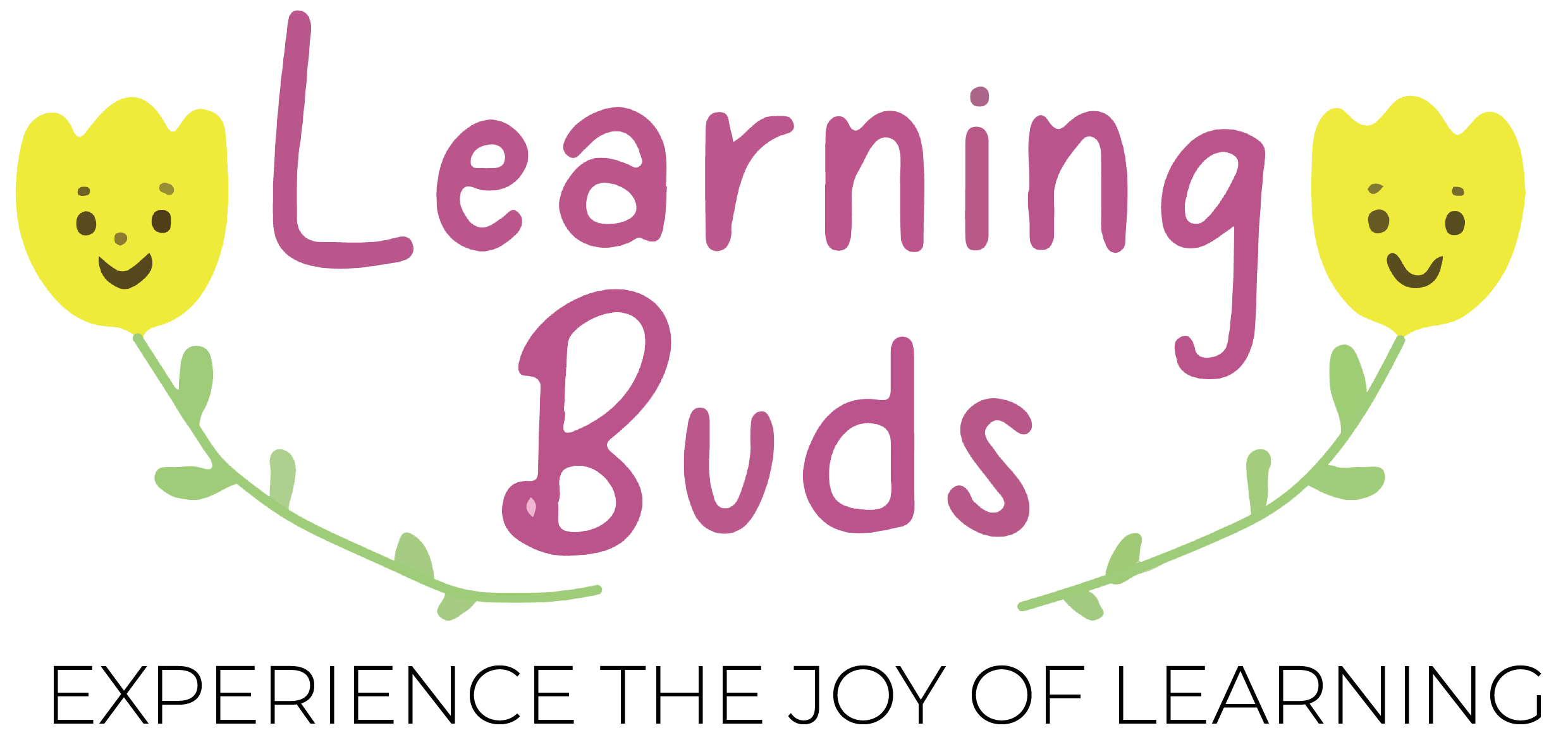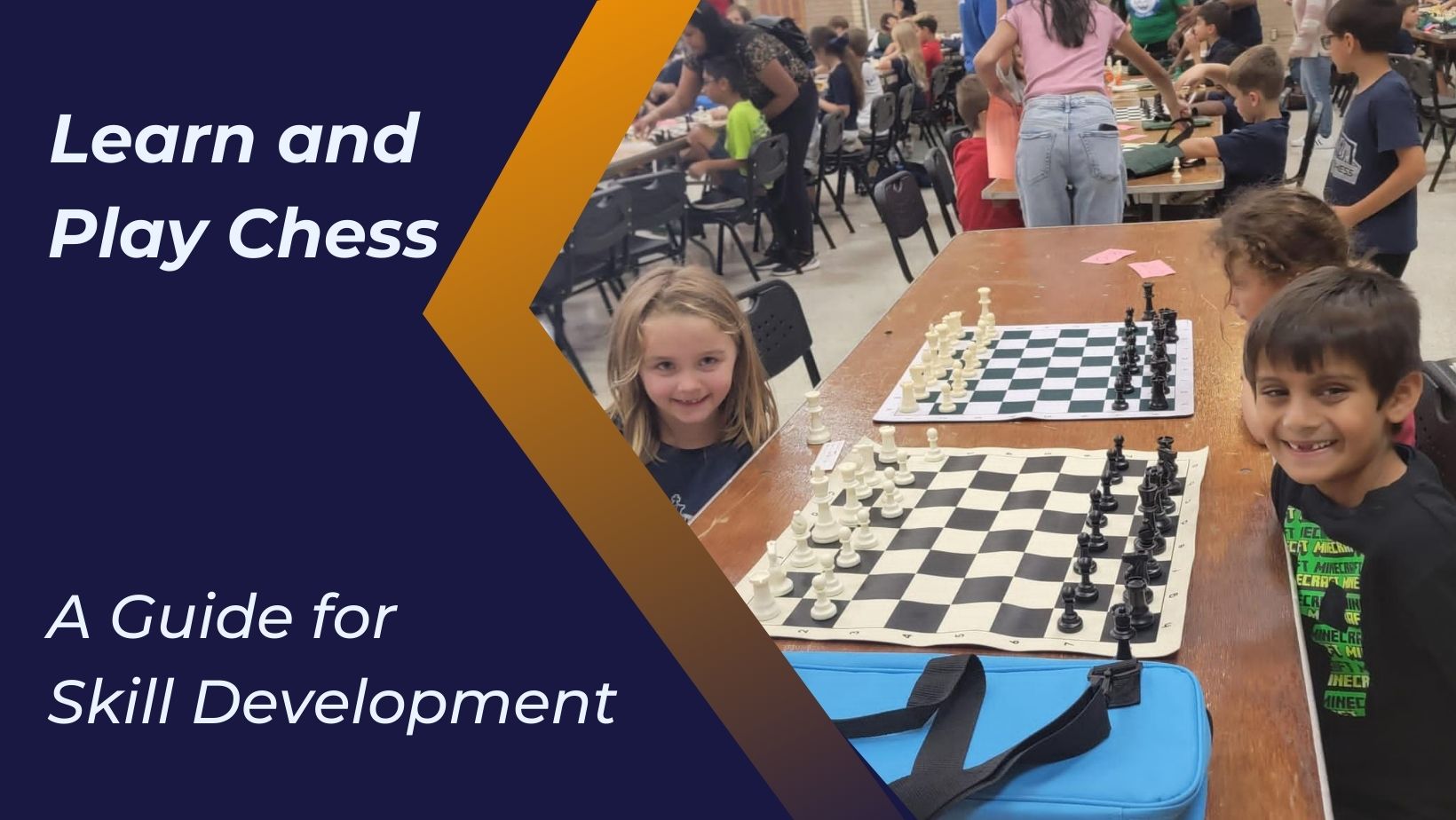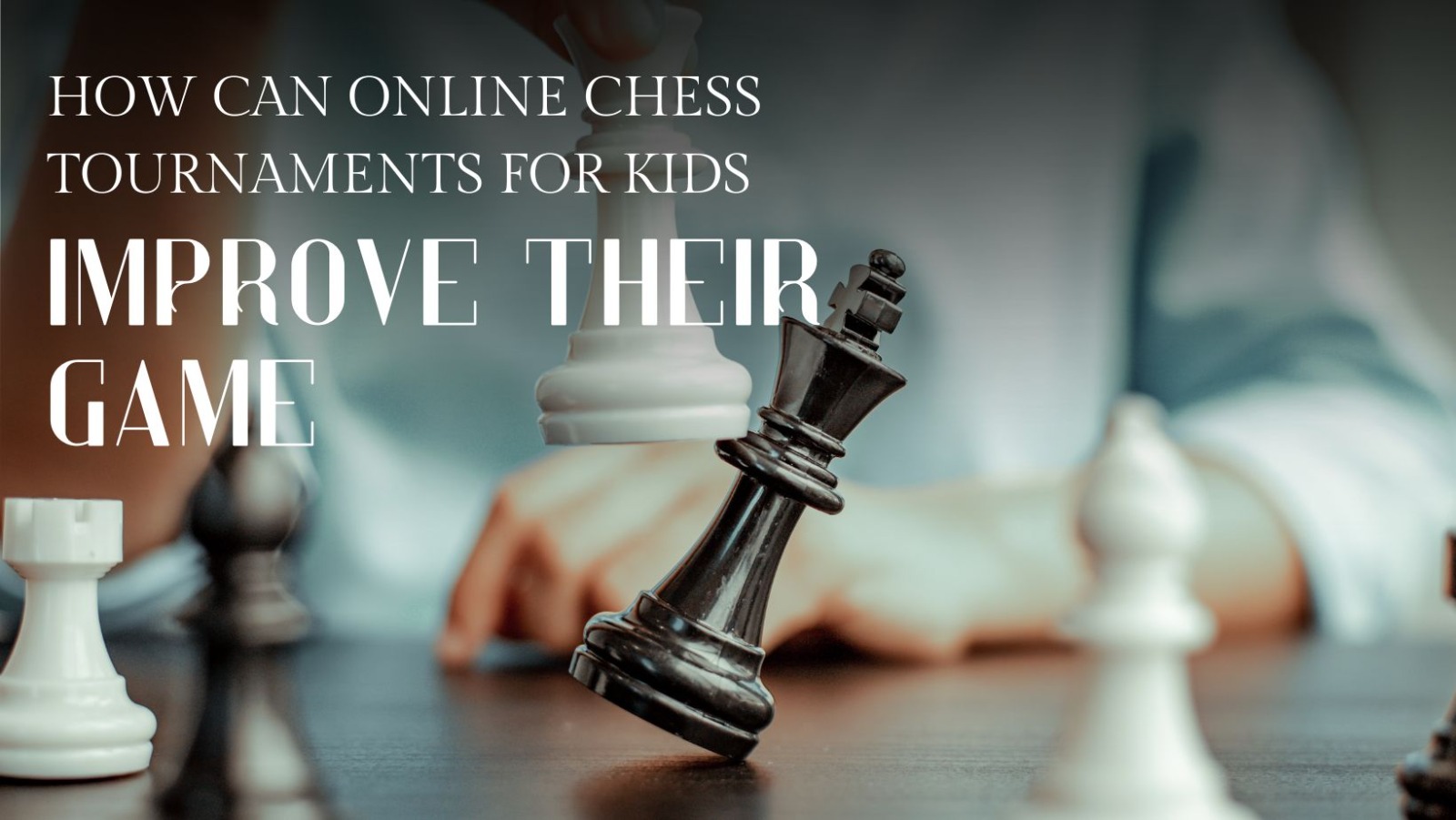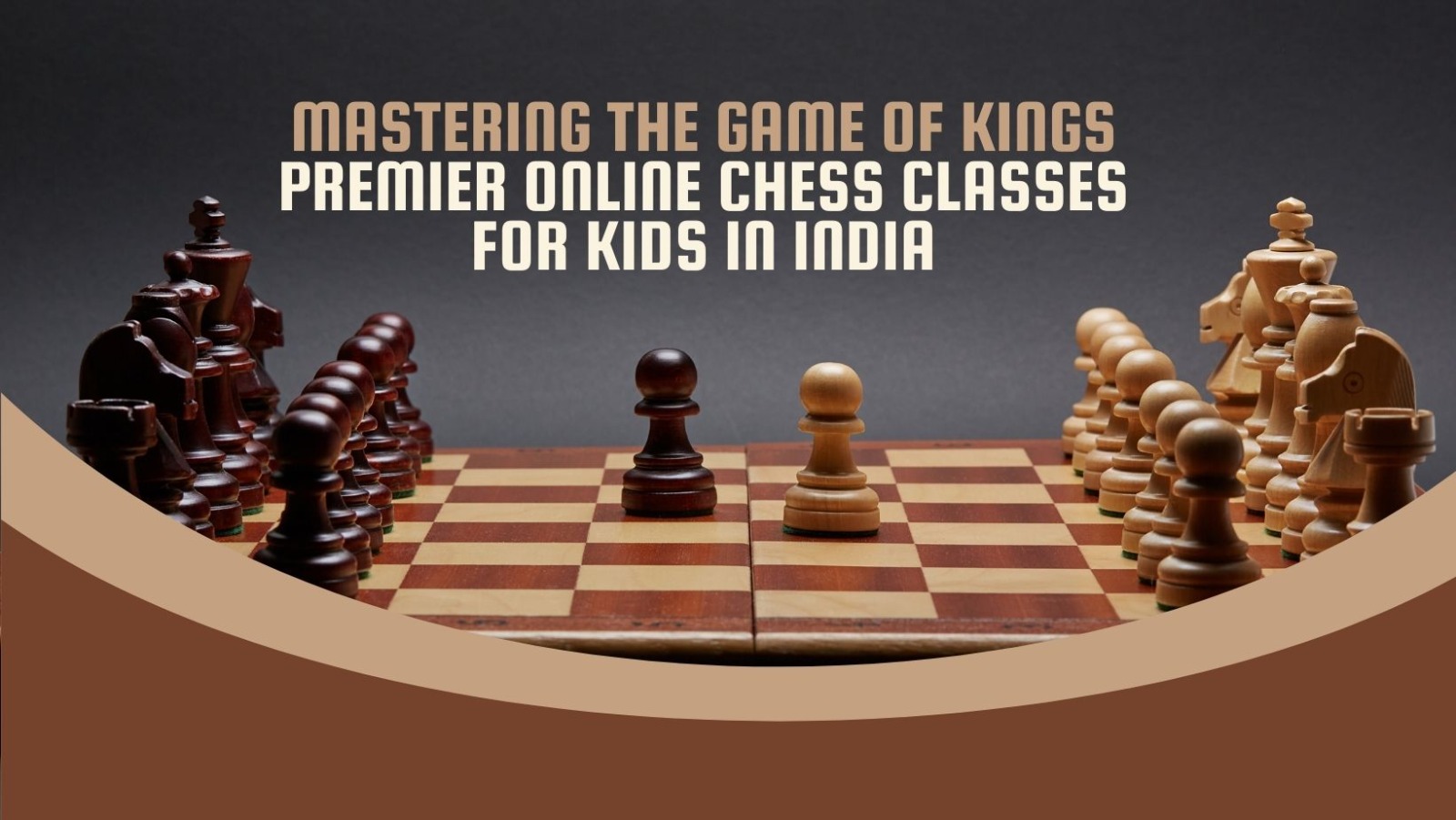To begin with-
Learning Chess has grown in popularity as a useful skill for helping kids sharpen their critical thinking abilities, focus, and problem solving skills. Chess, sometimes called the “game of kings,” is a tool for intellectual and personal development in addition to being a fun game. This blog seeks to introduce parents and kids to the world of chess while emphasizing its advantages and ways in which it can help kids develop their skills.
Why Teach Kids Chess?
Benefits to cognition:
- Improves Problem-Solving Skills: The strategic planning and forward thinking required to play chess helps players become more adept at solving problems.
- Enhances Memory and Concentration: Recalling the chess moves, strategies, and rules can help with memory retention and focus.
- Encourages Creativity: Chess fosters inventiveness and creative thinking because of the game’s limitless possibilities on the board.
Social and Emotional Growth:
- Teaches Self-Control and Patience: Waiting and thinking before moving a piece helps to develop self-control and patience.
- Enhances Social Interaction: Children can interact, share strategies, and form friendships in the communities found on many online and offline chess clubs.
- Develops Confidence: A child’s self-esteem can be greatly increased by learning how to play chess and accepting wins and defeats!.
A Case Study of Chess Education with Learning Buds
With its extensive chess courses offered in the US, UK, India, and Dubai, Learning Buds is a great example of what to look for in an online chess class.

Qualities:
- Interactive Learning: Live, interactive classes led by knowledgeable teachers are known as interactive learning.
- Personalized Curriculum: Classes designed for players of all skill levels, from novices to experts.
- Flexible scheduling: Takes into account challenging schedules and permits learning at a comfortable pace.
- Use in Practice: Places a strong emphasis on games and activities to support learning.
- Diverse Topics: Covers a wide range of topics, from preparation for tournaments to fundamental tactics.

Ways for Parents to Participate
- Encourage Regular Practice: Schedule regular periods of time for practicing and learning chess.
- Track Progress: Talk to your child about the lessons they are learning and watch them play games.
- Offer Assistance: Congratulate accomplishments and extend motivation during difficult times.
- Learn Together: To help your child grasp the game and strengthen your relationship through shared experiences, think about learning chess with them!
Wrapping Up
When parents actively participate and carefully choose the right resource, they can significantly boost their child’s developmental progress. Accept the world of chess and observe how your child flourishes in an educational, stimulating, and enjoyable environment.







